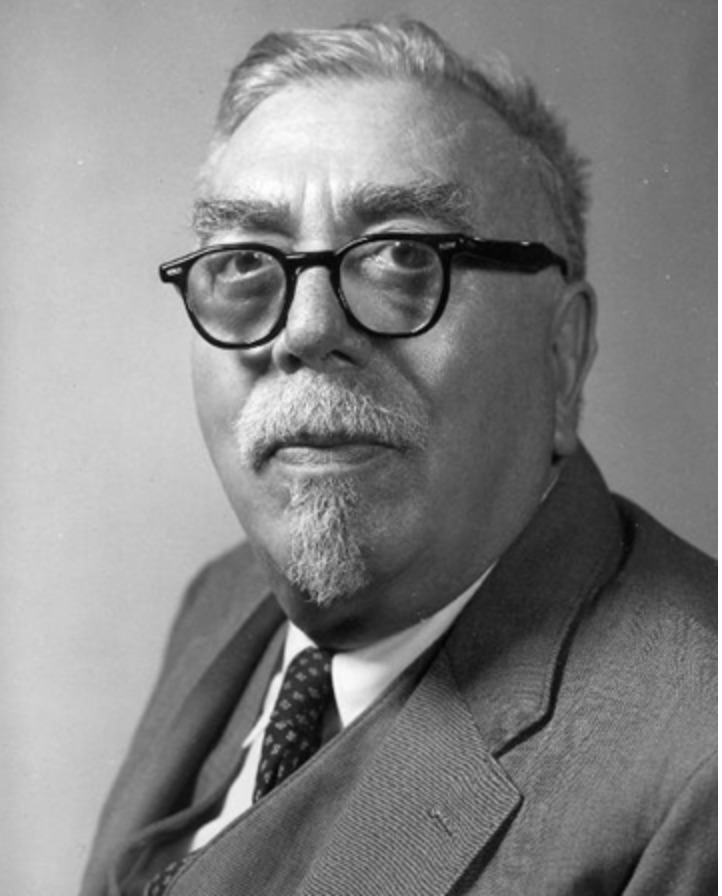
Norbert Wiener was born on November 26, 1894 in Columbia, Missouri, USA to Leo Wiener and Bertha Kahn. Norbert’s father, a professor of Slavic languages at Harvard University, homeschooled Norbert until 1903. When he entered Ayer High School at age 9, it soon became apparent that Norbert was a child prodigy. Within two years, he graduated from Ayer, enabling him to enrol in Tufts College at age 11. In 1909, at age 14, he completed a BA in mathematics and enrolled in the graduate program at Harvard, specializing in zoology. The next year, he transferred to Cornell to study philosophy and graduated in 1911 at 17 years of age. Norbert’s appetite for learning ran the gamut from the etherial world of mathematical logic to the practical world of engineering science. In 1913, he was awarded a Ph.D. by Harvard at age 18 for his dissertation on mathematical foundations that was published the following year.
After receiving his Ph.D., Wiener visited Cambridge University where he attended courses offered by Bertrand Russell and G. H. Hardy. Pursuing the wide span of his interests, he spent the academic year 1915–16 teaching philosophy at Harvard while working as an engineer at General Electric. When America entered the war in 1916, Norbert served the war effort by working on ballistics at the Aberdeen Proving Ground. After the war, MIT hired Wiener as an instructor–a position that grew into a professorship that Wiener held to the end of his career. Wiener became involved in developing the theories of cybernetics, and its implementation through robotics, and automation that he discussed in depth with John von Neumann.
In 1926, Norbert returned to Europe as a Guggenheim scholar, working with G. H. Hardy on Brownian motion, the Fourier integral, Dirichlet’s problem, harmonic analysis, and the Tauberian theorems. In that same year, he married Margaret Engemann who had emigrated from Germany and they subsequently had two daughters.
In the lore of mathematical history stories abound about the absent-mindedness of mathematicians. Many of these are associated with John von Neumann and Norbert Wiener. One story relates how Wiener returned to his home and found the house empty. Seeking help from a girl outside his home, he inquired about the whereabouts of everything. She explained that the family had moved elsewhere that day. He thanked her for the information to which she replied, “That’s why I stayed behind, Daddy!” When asked about the story, Wiener’s daughter reported that the details of the story were exaggerated, but the essence was plausible, stating, “He never forgot who his children were! The rest of it, however, was pretty close to what actually happened…”
After the war, Wiener’s fame brought other high-powered intellects to MIT who made major contributions to computer science and artificial intelligence. Soon after the group was formed, Wiener suddenly terminated all contact with its members, mystifying his colleagues. Wiener’s observations of World Wars I and II, made him aware of the dangers presented by the powerful new technologies. In his seminal book The Human Use of Human Beings: Cybernetics and Society, published in 1950, he warned of the dangers of unfettered technology:
The new industrial revolution is a two-edged sword… It may be used for the benefit of humanity, but only if humanity survives long enough to enter a period in which such a benefit is possible. It may also be used to destroy humanity, and if it is not used intelligently it can go very far in that direction.
Norbert Wiener died of a heart attack at age 69 in March 1964.
